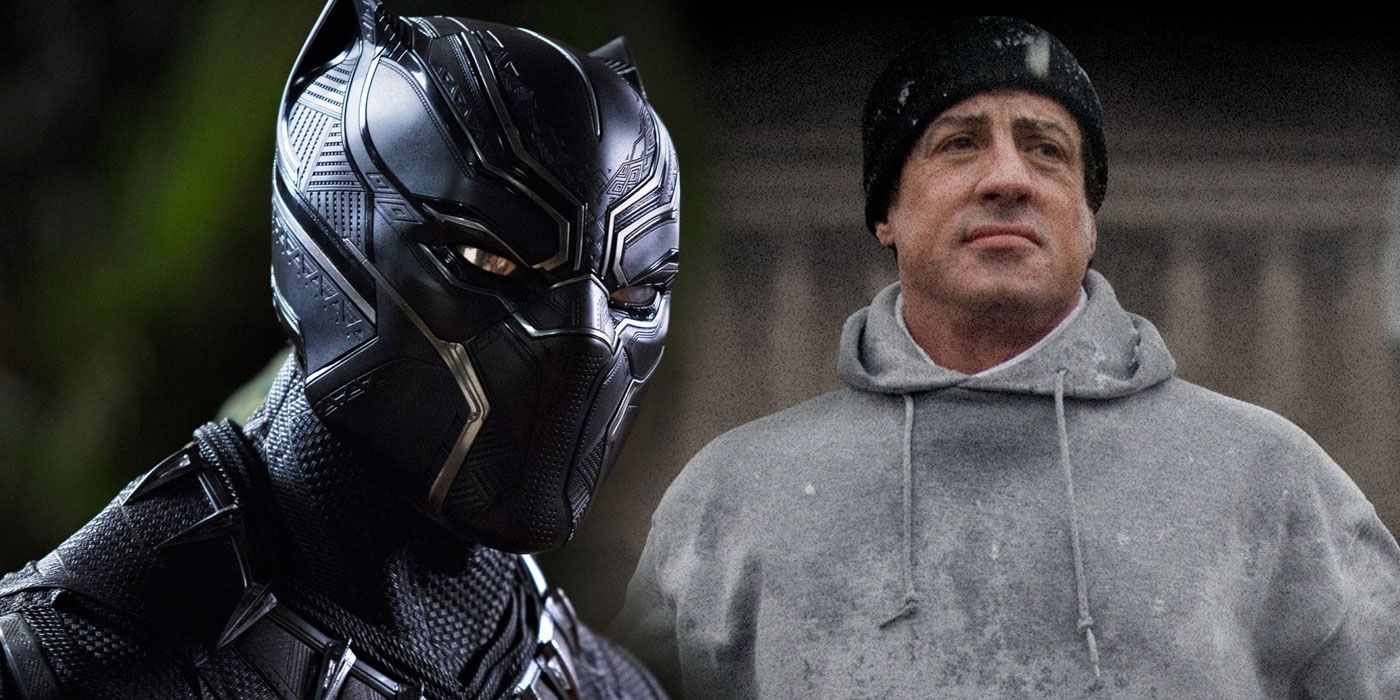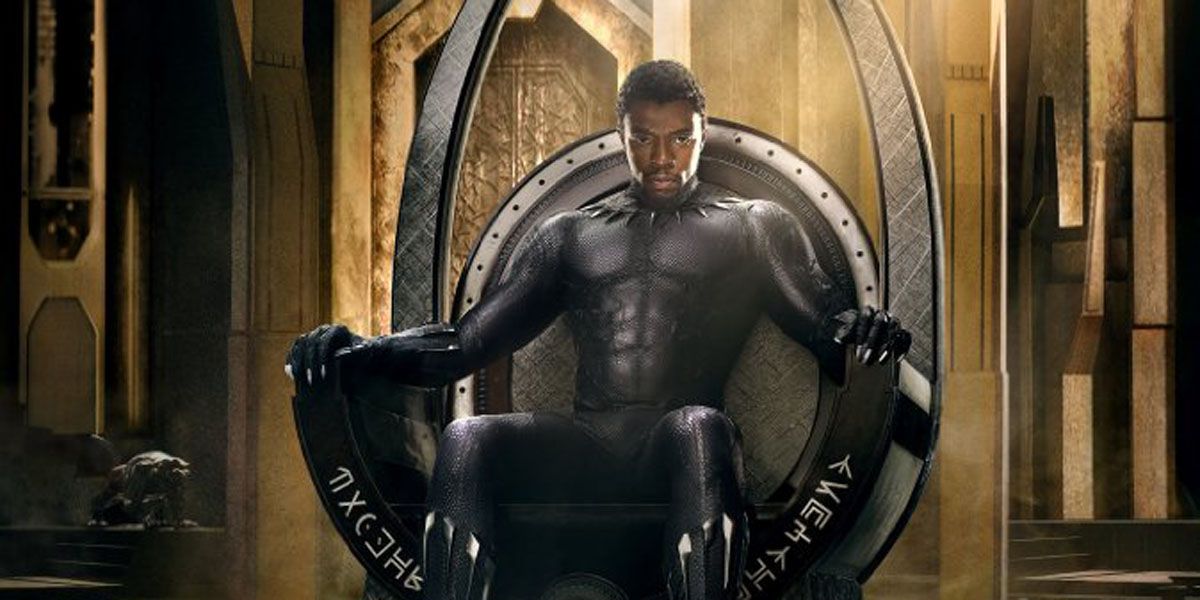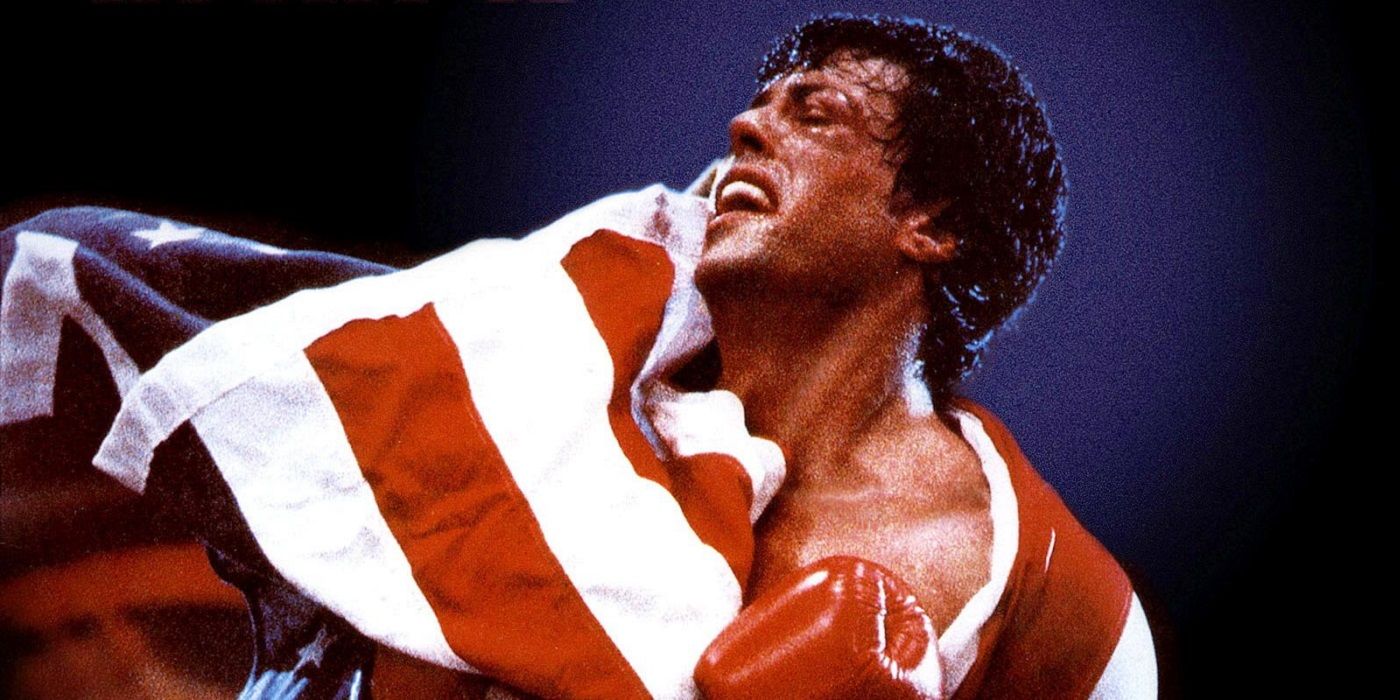WARNING: This article contains spoilers for Marvel's Black Panther, in theatres now.
At its heart, Marvel's Black Panther is a movie about pride and identity. A celebration of African culture, the politically-charged film isn't afraid to make its audience think. It's the perfect superhero movie for the uncertain times we live in, showing the strength in unity while advocating equality. Director Ryan Coogler more than stepped up to the challenge of bringing Wakanda and its heroes to life, and he did it while infusing it with beauty, heart and wonder.
RELATED: All the Box-Office Records Black Panther Has Broken, So Far
Underneath the political comment and the celebration of culture, however, Black Panther is still very much a superhero movie. But it's not just any superhero movie -- it has been crowned by many as Marvel's best solo outing. The backbone of this story is that of a king earning his right to rule his country, and of the challengers who seek to knock him down and take the throne for themselves. In that way, the movie could be compared to the story of the Sylvester Stallone-starring Rocky franchise -- a franchise Coogler is quite familiar with.
The various Rocky films, from the 1976 original to the 2015 spinoff Creed, have always been about overcoming challenges, both personal and external. The first movie saw Rocky Balboa attempt to defeat a champion, and while he failed, the boxer still achieved a more important personal victory. The next chapter saw the boxer get a second chance and finally emerge as the winner. In Rocky III, Balboa was at the top of his game, the king of boxers, sitting on his mighty throne. Then came the challenger, in the form of Mr. T's Clubber Lang, who decimated the champion and claimed his throne in the first half of the movie. To prove his worth, and reclaim what was rightfully his, Rocky had no choice but to return stronger than ever, become the challenger himself, and ultimately win.
We see a similar story play out in Black Panther. T'Challa is christened king early on in the movie. He gets challenged by M'Baku in a fight for the throne, but immediately proves himself to be a strong fighter and a worthy ruler. The king prospers, but in comes the true challenger, Erik Killmonger. Killmonger yearns for the throne. He believes himself to be the true, rightful ruler of Wakanda. The two fight, and Killmonger defeats T'Challa, leaving him for dead. There may have been no training montage, but T'Challa has no choice but to return stronger, better and fiercer than before. Only then does he stand a chance of defeating Killmonger, and reclaiming the Wakandan throne.
Of course, the story of a defeated hero overcoming the odds and beating their enemy is not exclusive to Black Panther, or the Rocky movies. It's almost a staple of the genre, from the comics to the silver screen. In order to prove himself worthy, the hero must overcome the challenges that stand in his way. Christopher Nolan's Batman epic did it in The Dark Knight Rises, and Matt Murdock went through a similar plight on Netflix's Daredevil. But the Rocky series and Black Panther share common DNA in the form of director Ryan Coogler, who gave new life to the Rocky franchise with his movie Creed.
RELATED: Black Panther: Killmonger’s Transformation From Comics to Film
With the Michael B. Jordan-starring Creed, Coogler demonstrated his love for the boxing franchise, along with his penchant for deep and moving storytelling. In Black Panther, these traits are once again on full display. This approach served the MArvel's film's story of kings, of thrones and challengers well, allowing Coogler to create something both familiar and new, not to mention epic. This is Rocky, in the mighty Marvel manner. It's overcoming challenges in the face of the unbeatable. It's believing in yourself, and fighting for what you believe to be right.
Now in theaters, director Ryan Coogler’s Black Panther stars Chadwick Boseman as T’Challa /Black Panther, Michael B. Jordan as N’Jadaka /Erik “Killmonger” Stevens, Lupita Nyong’o as Nakia, Danai Gurira as Okoye, Martin Freeman as Everett K. Ross, Daniel Kaluuya as W’Kabi, Letitia Wright as Shuri, Winston Duke as M’Baku, Angela Bassett as Ramonda, Forest Whitaker as Zuri and Andy Serkis as Ulysses Klaue.



